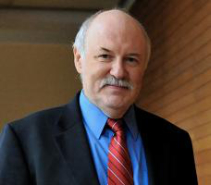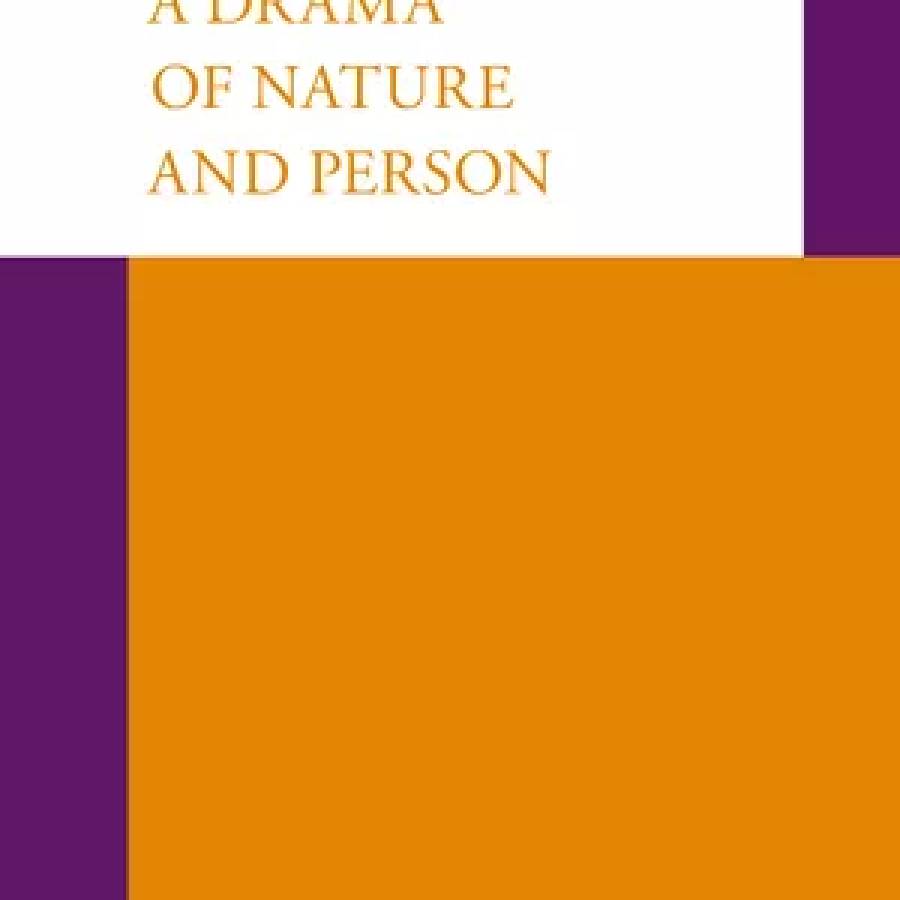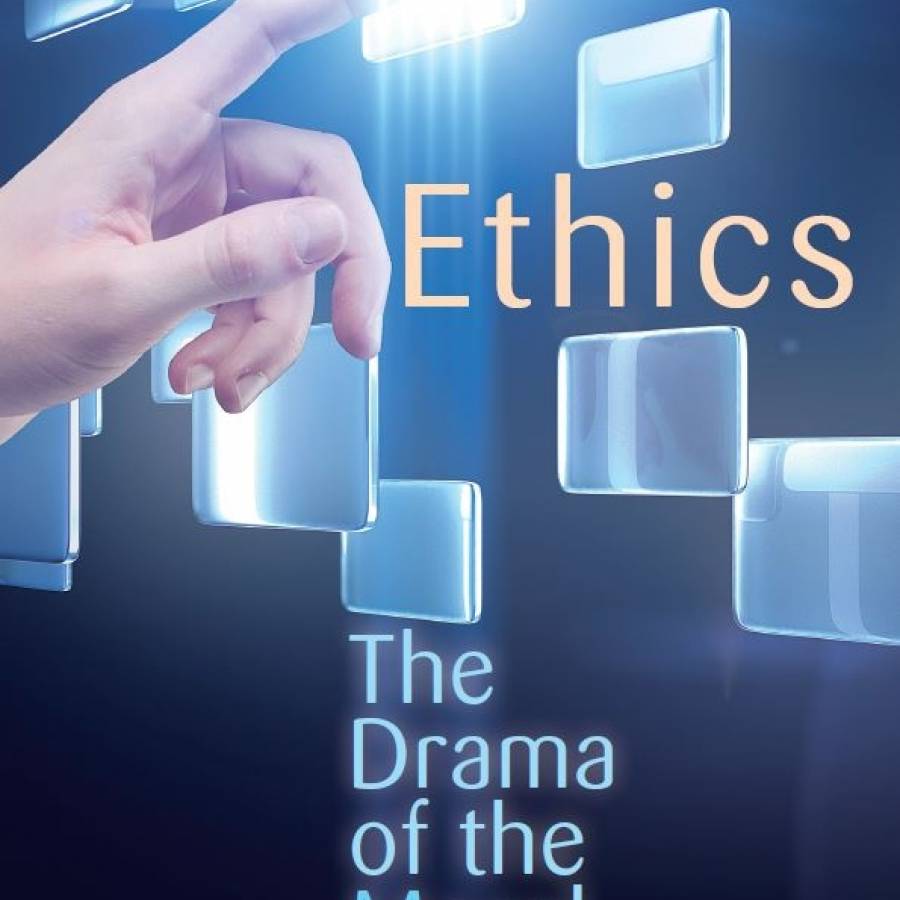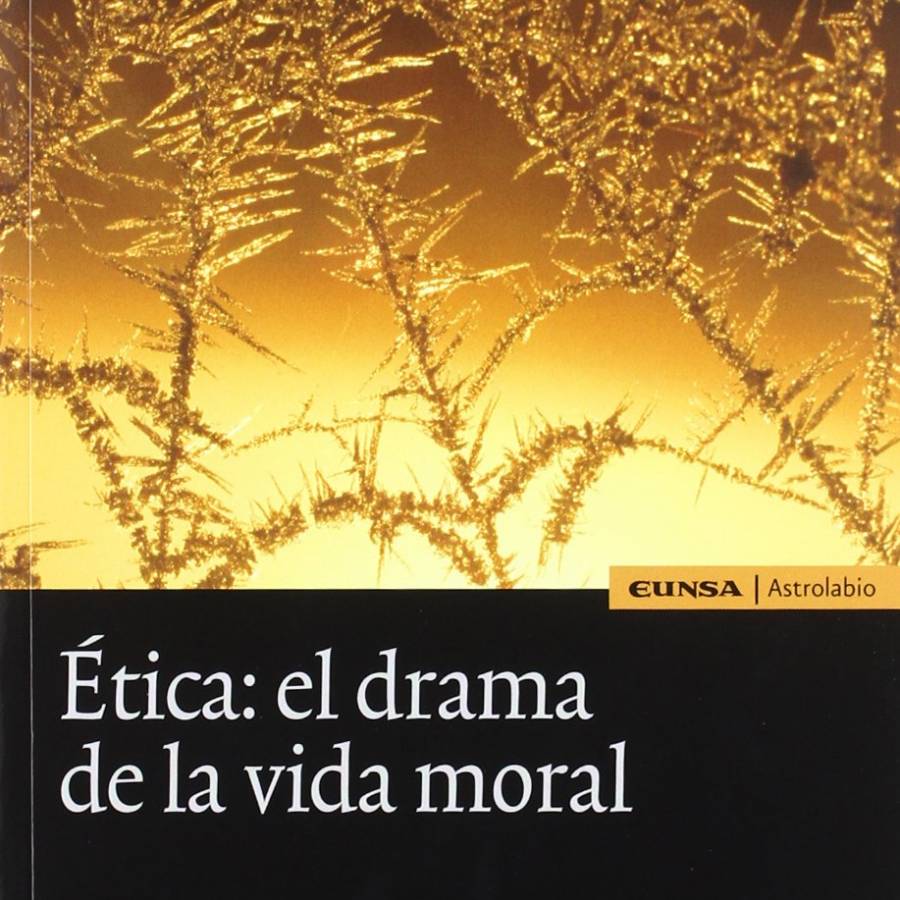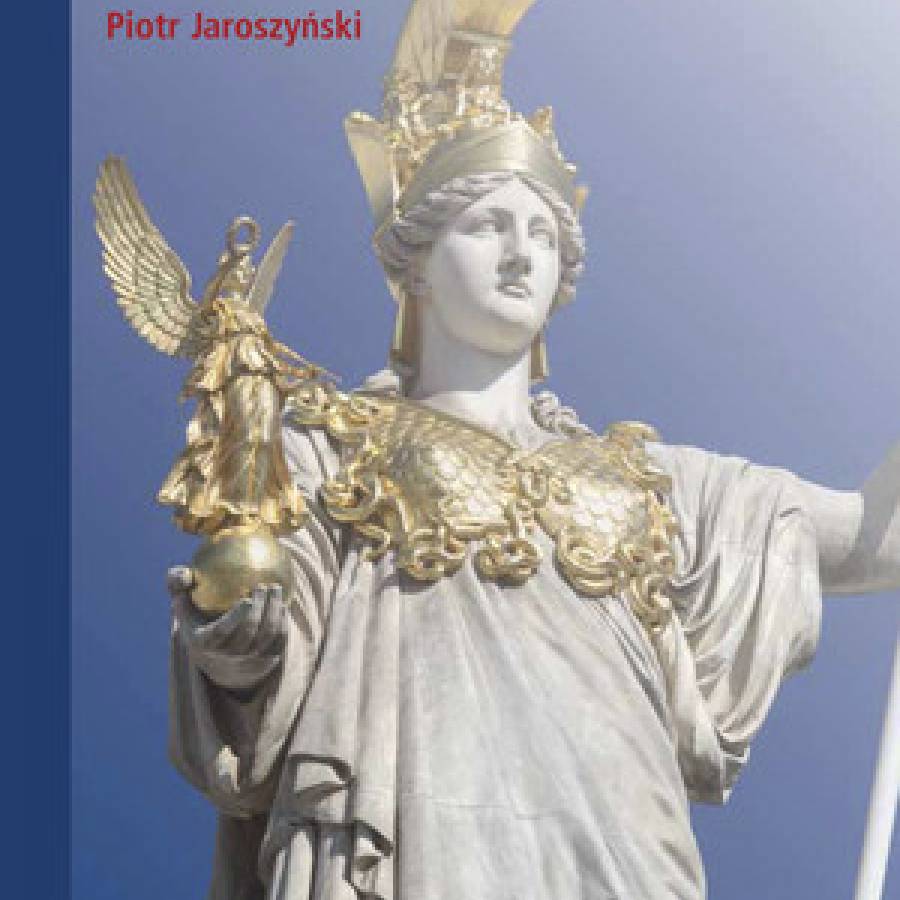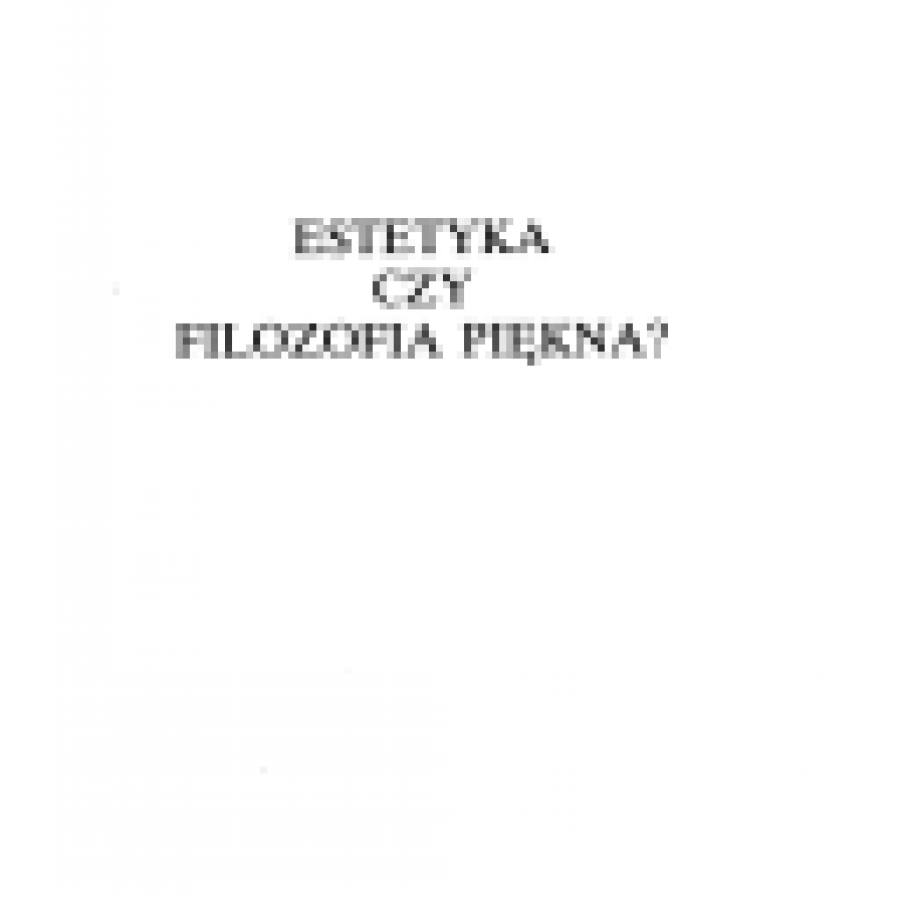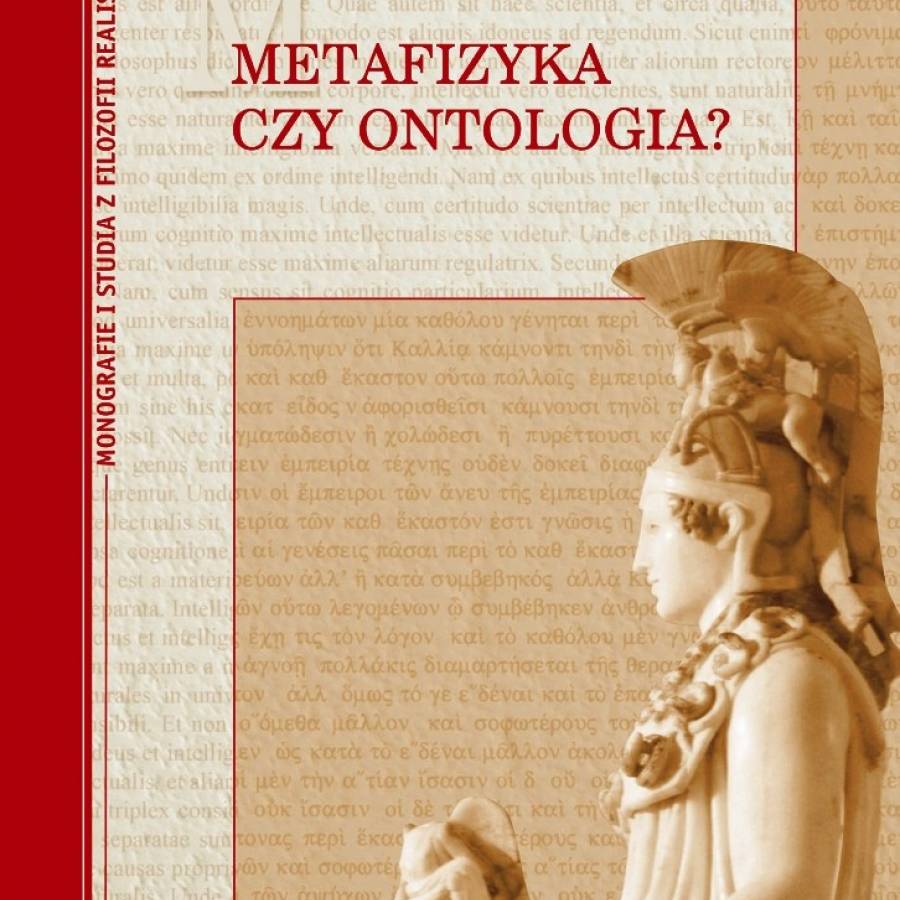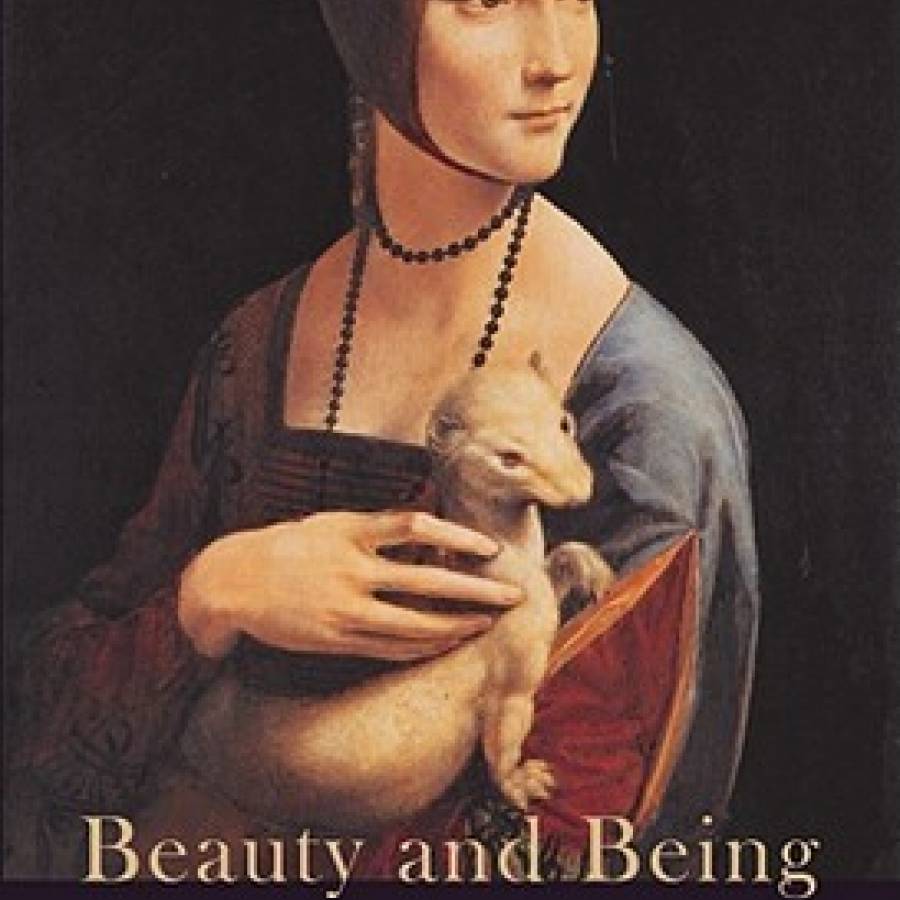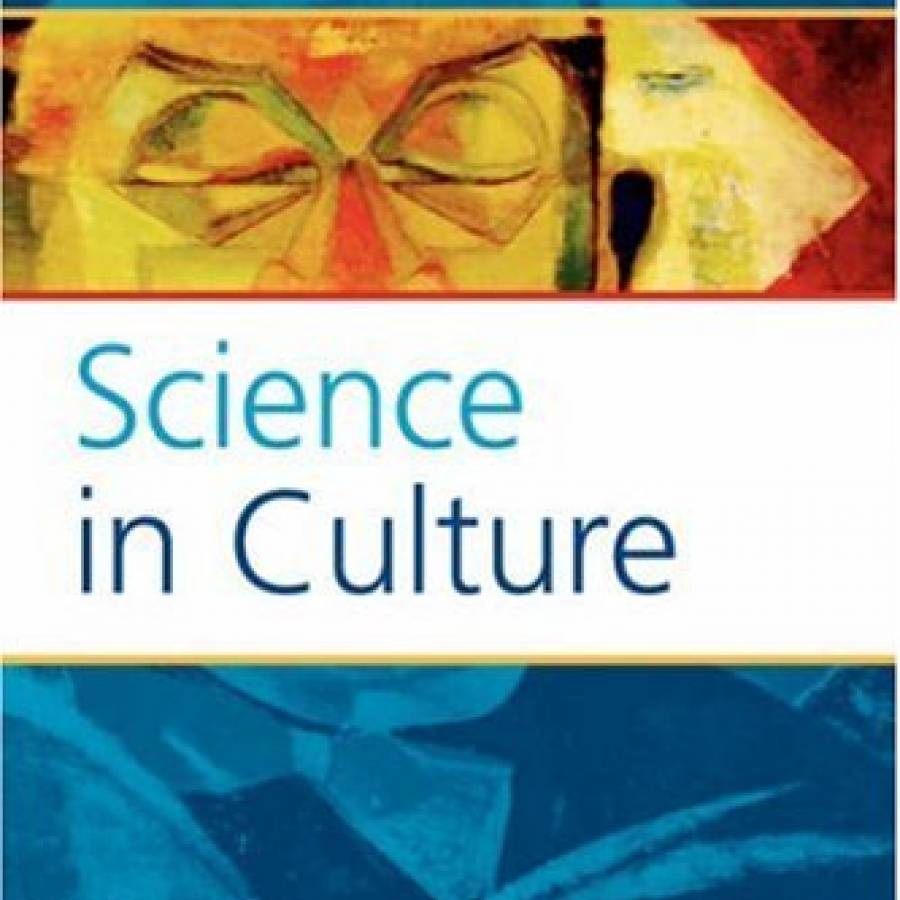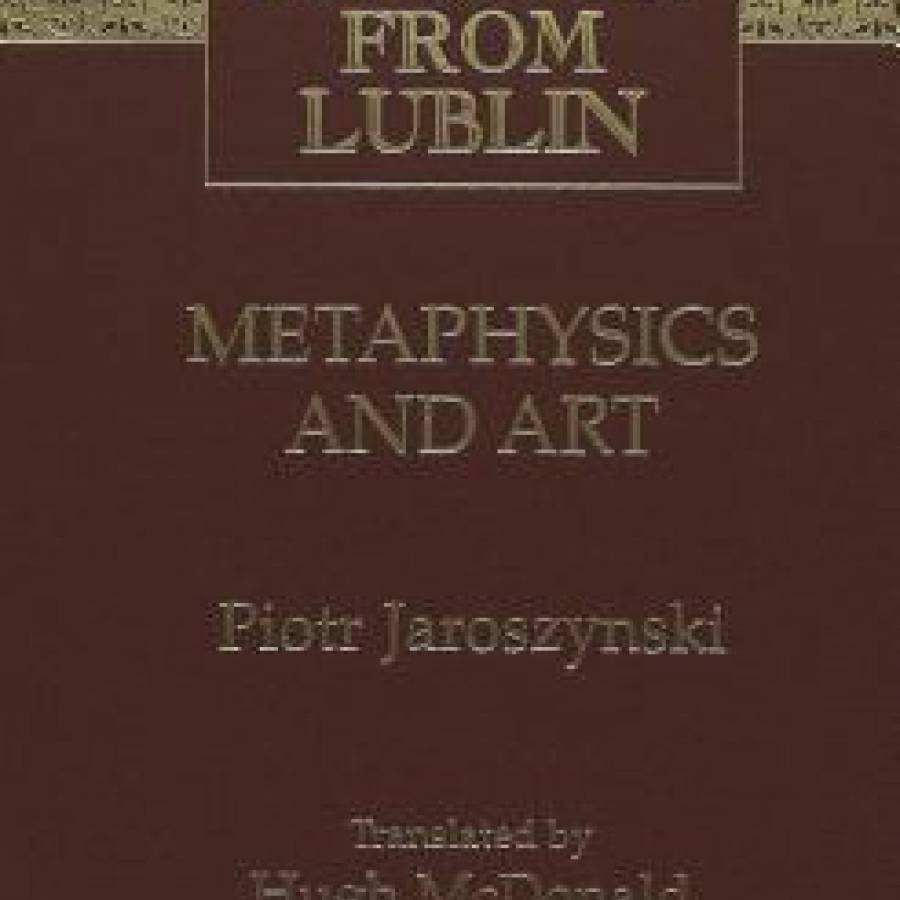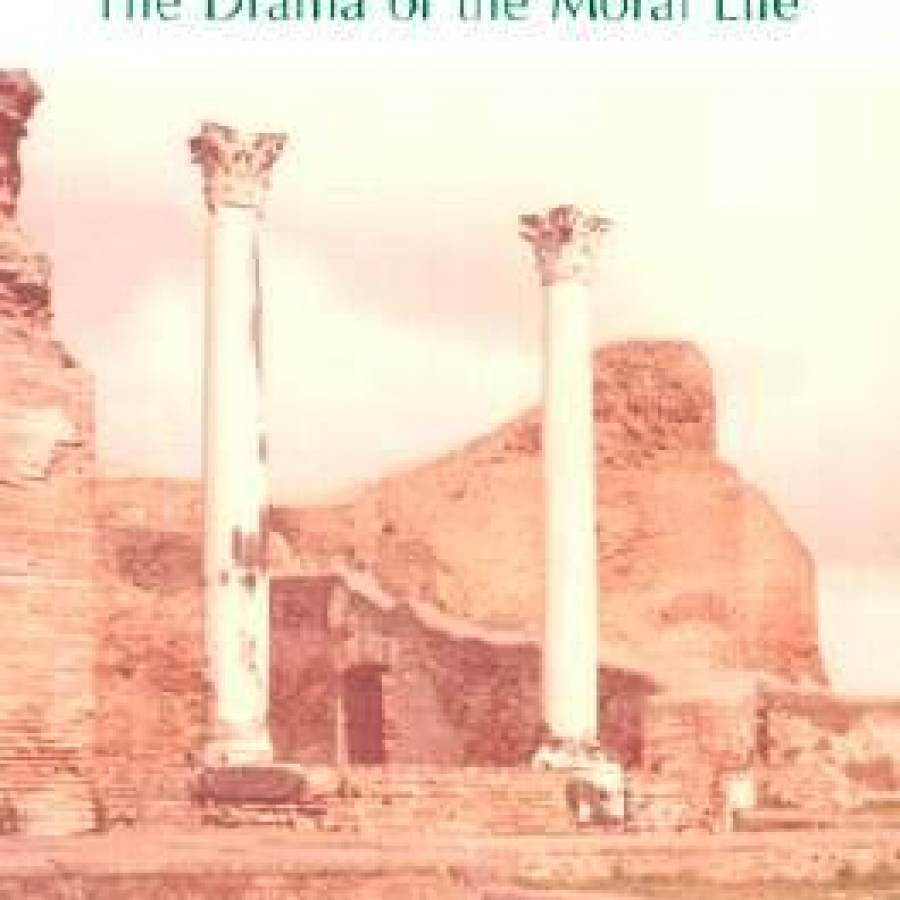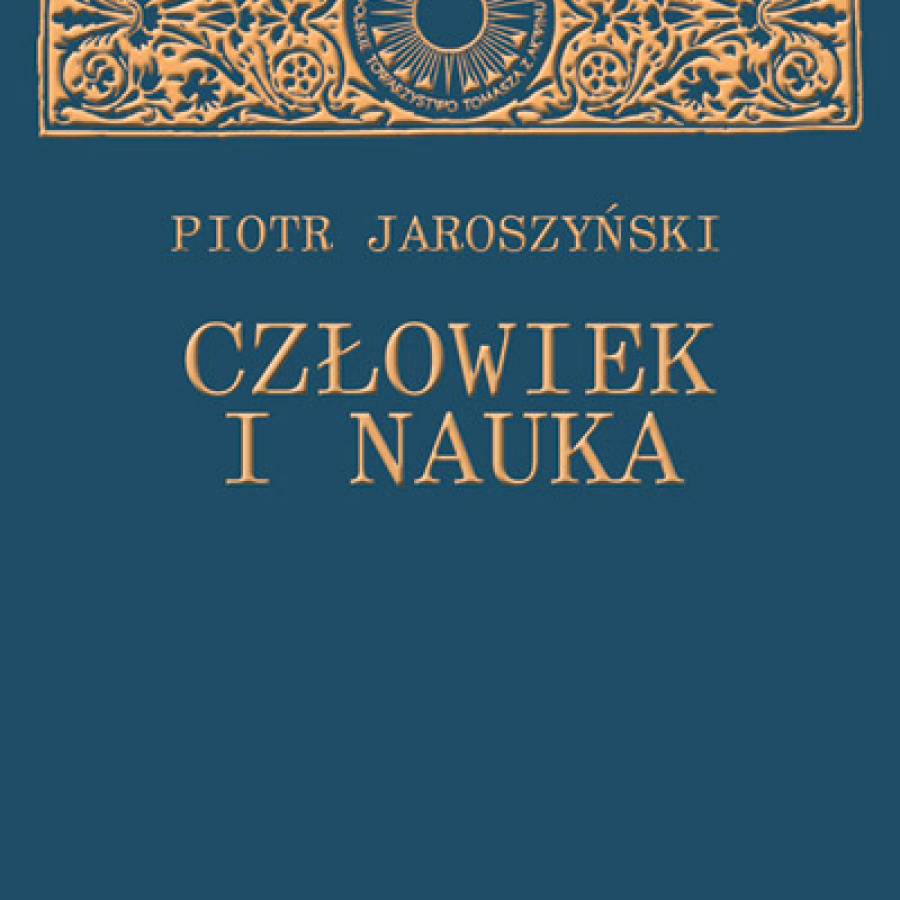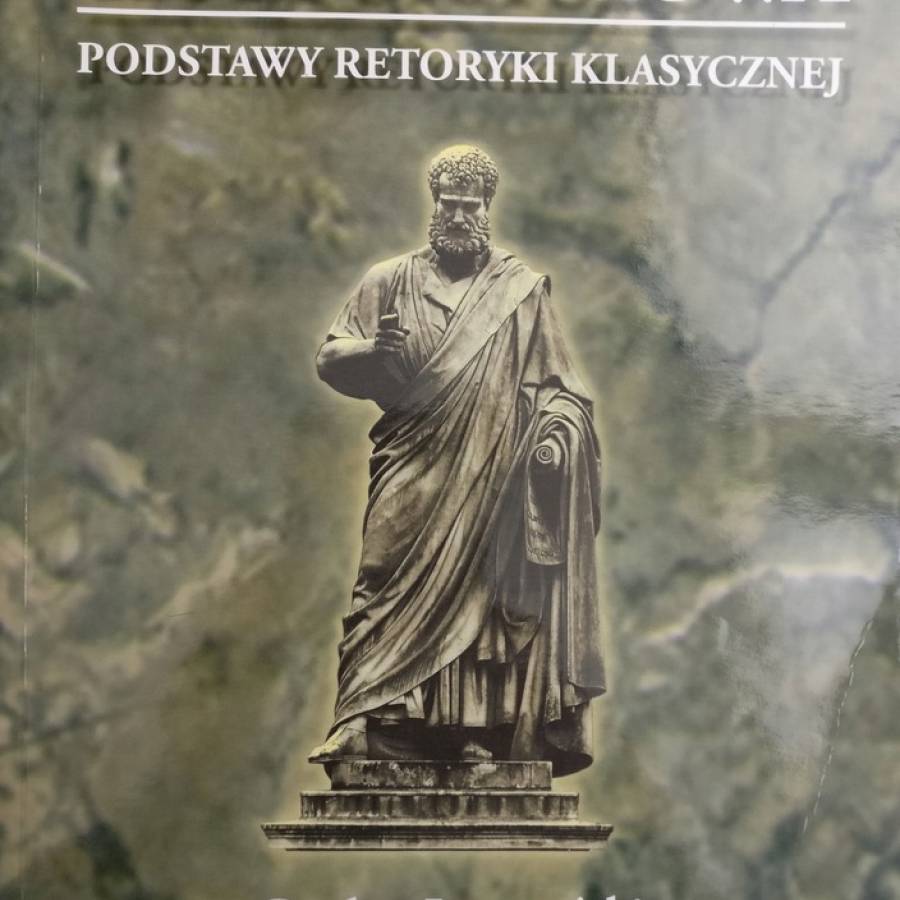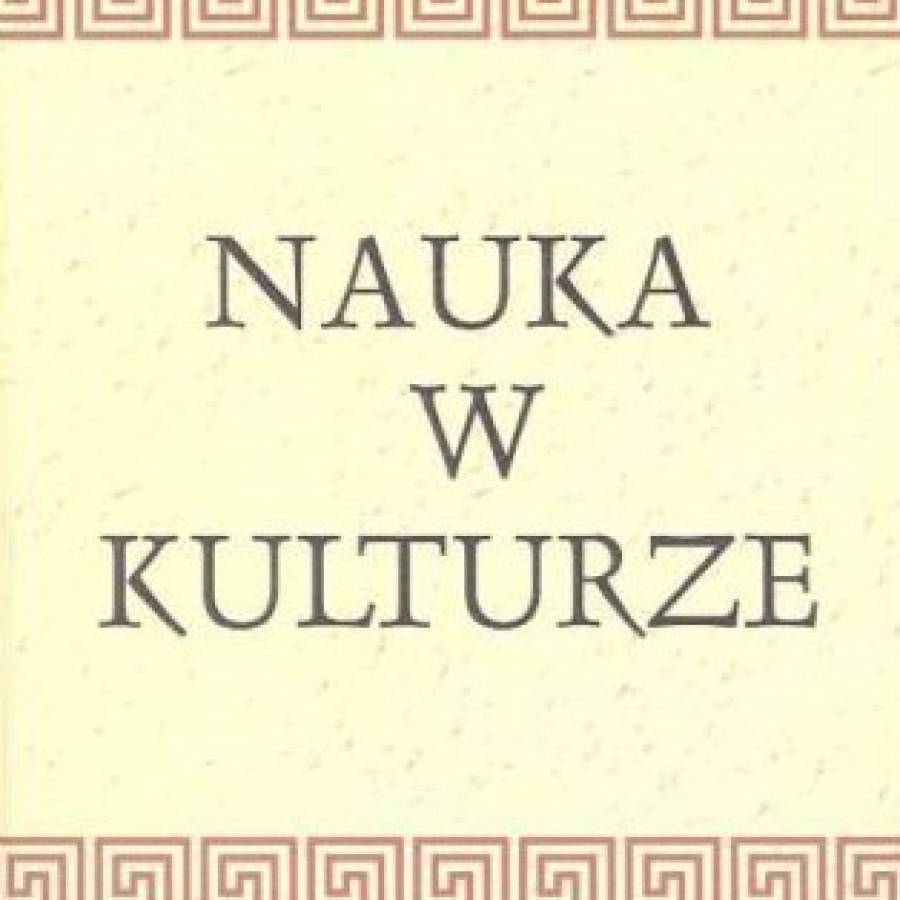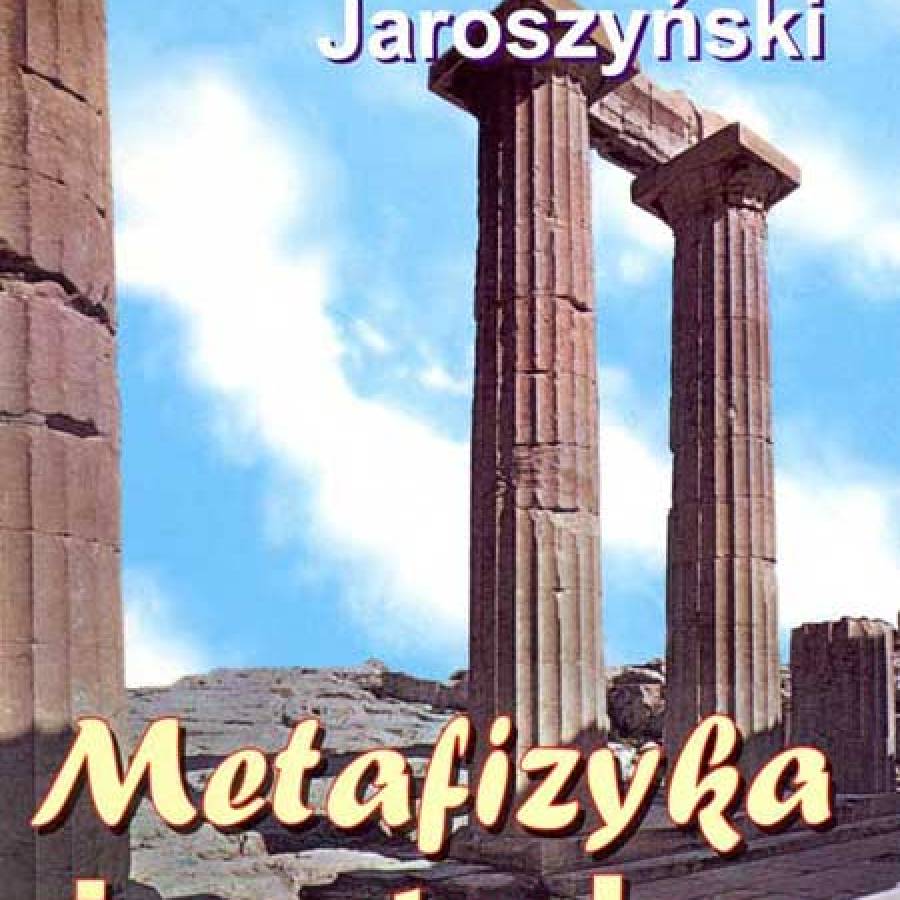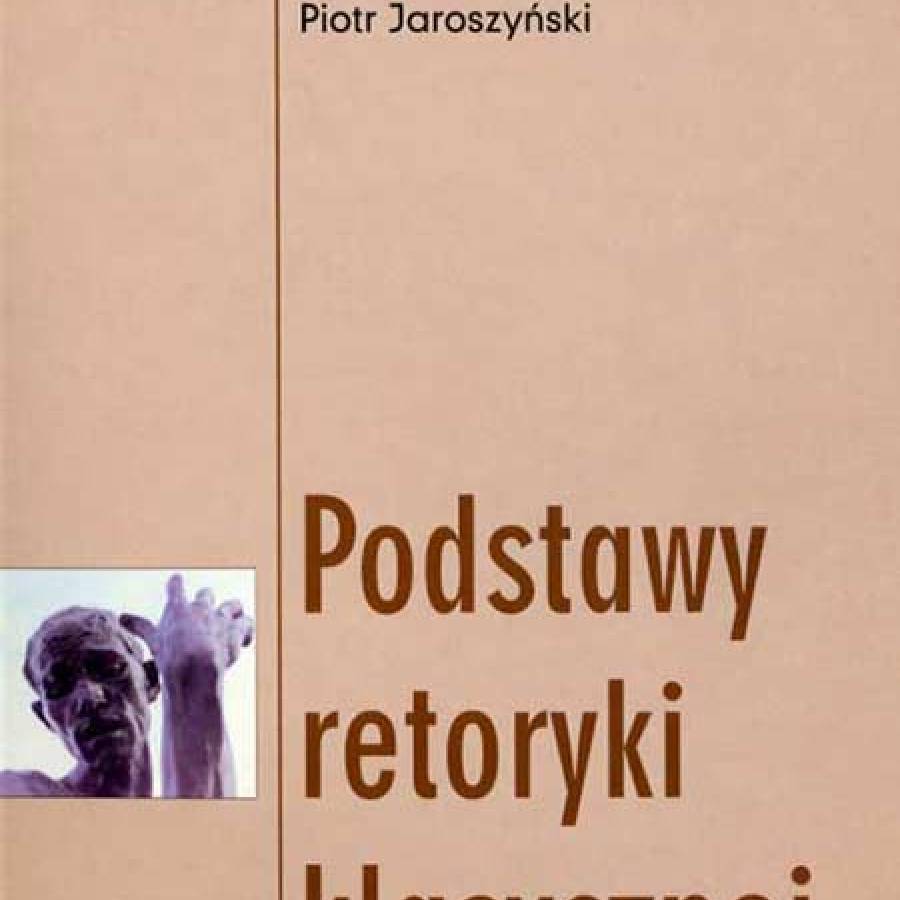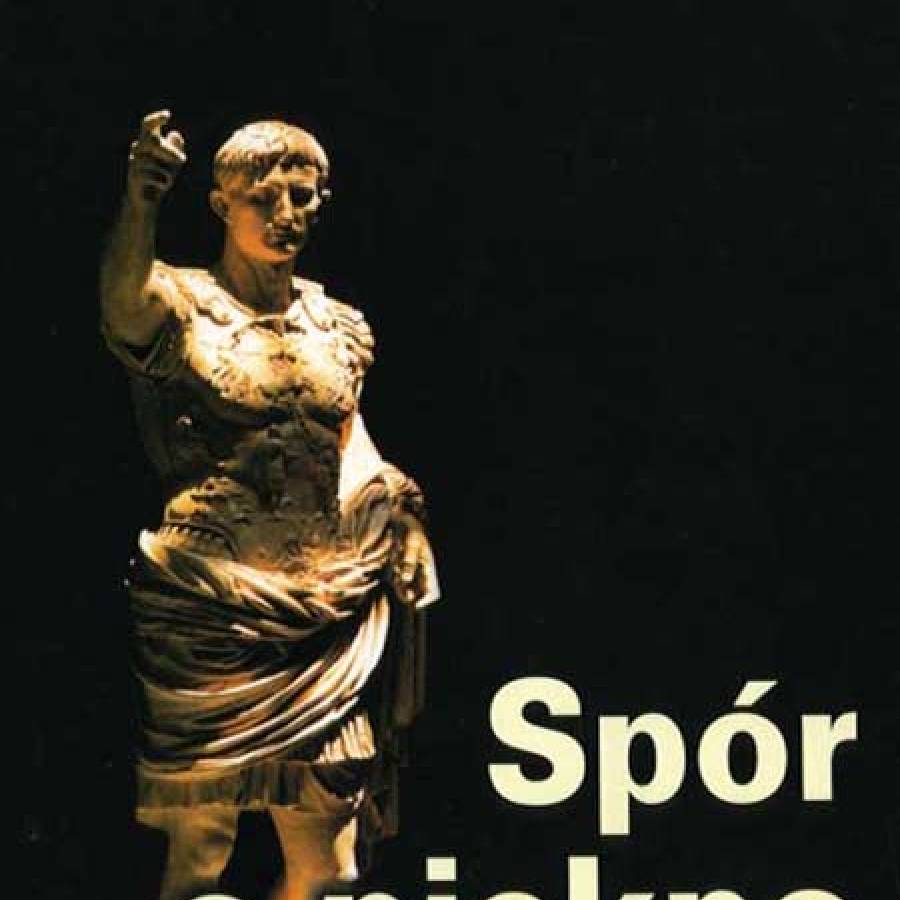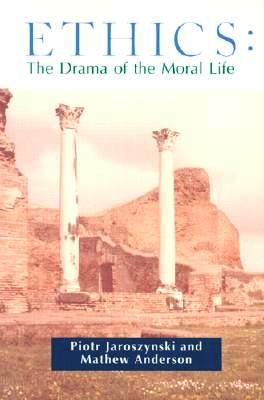 Piotr Jaroszynski, PhD & Mathew Anderson
Piotr Jaroszynski, PhD & Mathew Anderson
Ethics: The Drama of the Moral Life
The study of the nature of moral choices has been with us as far back as our historical memory and religious traditions can reach. We have inherited the foundations of that study from such great philosophers and pillars of Western culture as Plato, Aristotle, Saint Augustine and Saint Thomas Aquinas. This work draws on this rich tradition and provides a new and profound look at those aspects of human moral conduct which are both obvious and true. Chapters include: Good and End: The Object of Human Acts; The Hierarchy of the Good; The Moral Being -- The Decision; The Mode of Human Conduct -- Areteology. This chapter studies the virtues of Prudence, Temperance, Fortitude and Justice (Legal, Commutative and Distributive), as well as the interconnection of the virtues and the theory of natural law (Do Good!). A conclusion regarding morality and religion is rounded off by a helpful lexicon and a bibliography of supplemental readings.
Publisher: St Pauls Publishing
Publish Date: 2004
ISBN 0818909560
Ethics: The Drama of the Moral Life
Matt Anderson's and Peter Jaroszynski's book THE DRAMA OF ETHICS is a book you will read and share. Ethics is the art and science of living well. Ethics gives us tools for finding the purpose of life, and applying it in action. It is the ultimate know-how. All other kinds of know-how are for small groups of people. The dentist knows how to use his drills, the policeman knows how to use his gun, the lawyer knows how to make a case stronger or weaker. Ethics is different. Every single one of us must develop the skill to live a good an upright life. We must have the intellectual tools to reason our way through moral dilemnas,
instead of relying always on others to tell us what is right or wrong.The authors show how true ethics is not based on some abstract and distant set of ideas, but it must be rooted in reality. Everything we do has a purpose, and ethics helps us find the ultimate purpose as our guide. Sometimes in our society we are so enchanted by the technical sweetness of what we are doing, we forget the moral implications of our actions. The authors follow the lines of the Lublin School of Philosophy, which strongly teaches that the good and happiness of real
human beings is more important than any technological, economic, or political goals. The present Pope, John Paul II, was a teacher at the Catholic University of Lublin, and strongly influenced the shape of this philosophy. The authors are also deeply rooted in more than two thousand years of philosophical tradition, but they also have the gift of presenting the best of this tradition in a way that everyone can understand.
The authors discuss sex, politics, and religion. They treat these matters with great care and diligence. They do not focus on what is in the news today, because that will be forgotten, but deal with general principles of public morality, war and peace, and the role of religion in public life. This book will still be timely and fresh centuries from now.The book presents the lost teaching of the four cardinal virtues: prudence, justice, fortitude, and temperance. These are the habits of a man or woman who knows how to be effective in living well and doing what is right. They teach us about the virtues using many examples from history and literature. At a time when so many people say that values are relative, the four cardinal virtues are found in all cultures and societies as ideals of what it means to be good.This book may be read in a couple of afternoons, but it is also well suited as a teaching tool. There are study questions following each chapter. An earlier version of this book was approved for use in the high schools of Poland where it has gone through several editions. This version is very well suited to the needs of American educators. It is very concise and easy to read for people of all ages, but the seasoned philosopher will also find much food for thought. It is specially recommended for use in schools, and for parents who would like to take an active part in teaching their children what they need to know.
By Peter McGuire Wolf "Crunchkin" (Pinecroft, PA USA)
This review is from: Ethics: The Drama of the Moral Life (Paperback)
Piotr Jaroszynski's little book is an excellent primer of classical ethical theory, and as such makes a great text for introductory coursework. It is a serious and sober book on a serious and sober subject. It is not for "dumbing down" ---there are no illustrations, comics, pop-up factoids. Just solid thinking about actions, intentions, consequences. It is difficult to find a work which presents an 'authentic' delivery of Aristotelian and Thomistic-Aristotelian ethical theory in a straightforward and graspable manner. I recommend this book without reservation.
Jaroszynski's text Ethics: The Drama of the Moral Life presents a theory of ethics for beginners based upon Classical Ethical Theory, i.e., The ethical theory which culminates and synthesizes the ethical theories of Ancient Greece and Rome (Socrates, Plato, Aristotle, Seneca, Epictetus and Cicero), Christian Europe (esp. St. Augustine and St. Thomas Aquinas).
Jaroszynski's ethical theory borrows the most from Aristotle (and Aquinas who based his ethics upon Aristotle). Jaroszynski offers a novel theory of ethical virtue which he calls `areteology'.
In chapter one, the end and the object of human acts are discussed: following Aristotle's definition from the Nicomachean Ethics that the `good' is that toward which all things aim. The greek term for `end' as well as `good' is `telos'. Jaroszynski bases his discussion of the goods in terms of a metaphysical theory which states that `evil is a lack or a privation of being'---this theory was promoted by St. Augustine. In other words, of all the things that exist and have being, none of them are "evil". What makes something morally evil is the manner in which the human decision coheres with conscience (see p. 39). Here is a helpful distinction: the metaphysical level vs. the moral level. On the metaphysical level evil does not exist, but on the moral level evil does exist in terms of interior actions of the ethical agent.
There is a way of seeing man's place in the universe in a hierarchy of good(s). J. unfolds this theory on the top of p.7 and on p.25 (bottom two paragraphs). On p.5, J. tells us that "...evil or lack cannot be a motive or desire." On p.8 if we make a goal or an object of a lesser good on the hierarchy of good, we choose "an illusory good."
Next, in chapter 2, J. outlines man's place in the universe, which is based upon Aristotle's view of the soul (psychology). After a discussion of substances and accidents on p.11, J. indicates that the human being is composed of mineral, vegetative, and animal parts, but also contains a distinctly human soul, which is immaterial. There is an eloquent summary on p.23 (middle paragraph). This view of man's place in the universe is called a `philosophical anthropology'. In brief Aristotle defines man as a biped (two-legged) animal with logos. `Logos' is one of the most powerful terms in philosophical and theological use.
Man's proper use of logos makes man to be authentically human, failure to use logos results in bestiality, immaturity, insobriety, lying and all sorts of behaviors, none of which are properly speaking considered `ethical' in the strict sense.
J. presents a theory of the human `person' as an independent substantial being---a self of rational nature (pp.15-16). Man is not a god but he or she infinitely transcends the world of nature. The human soul in classical ethical theory is the Crown of Creation.
Respect for the person means that the person is never used as a means to an end but is always treated as an end in itself. This theory is later developed in the Enlightenment (18th cent.) by German Philosopher Immanuel Kant.
A discussion of the kinds of goods that man seeks follows on pp.17-19. There are three basic kinds, J. tells us: pleasurable, useful and authentic human goods. It is emphasized that "...Neither the pleasurable good, nor the useful good are in themselves evil from the moral point of view (J., 19)." Perhaps J. should add...."in our moral point of view, since this is not the view of every ethical theory. To continue his outline of the hierarchy of goods, on p. 20, he introduces a distinction between external goods (such as property) and internal goods (such health and learning). On p. 27 study questions 1, 3, and 4 are helpful.
Next J. comes to the essential focus of his ethical theory---the decision. After having prepared the ground in the preceding chapters by presenting a philosophical view of man's place in the universe, the hierarchy of goods and the highest Good, namely God: J. then moves onto the essential element in ethical theory---the decision.
The decision is complex he tells us, and it is "...The key to our moral life and it contains the essence of moral good and evil (p.38)." The decision is the final act preceding the action.
I will cite a few crucial passages which highlight the importance of the decision in J.'s areteology: For example, on p. 38 at the top of the page J. tells us that the decision is the final act preceding the action, and at the same time it is the culmination of all of the thoughts and desires, motives and intentions that preceded it.
And finally, on p. 39, we find a quote which clarifies to us the nature of `moral good' and `moral evil': "The essence of the moral good is the agreement of our own decision with our conscience." Several things should be noted here. J. Defines `conscience' as follows: "In the primary sense, our conscience is the state of our mind as we weigh our decisions according to the criteria of moral good and evil (J., 34)." There is more on the operation of conscience J. states: "...There must be a spiritual foundation deep within us that enables us to evaluate our actions in terms of moral good and evil (ibid.)." In common discourse, conscience is called that `little voice of God or an angel' which tells us what is right or wrong. Another way of looking at conscience in a naturalistic manner concerns `natural law' (cf. J. p.109).
At last we are able to see that the strangeness of the theory that evil is a privation of being does not infer that that there is no moral evil! Moral evil, however, is not a thing or an object. It may be said that it is a formal, or internal reality, which may lead to actions severed from or in contradiction to one's truest inward intentions. We must acknowledge a distinction between the `metaphysical' existence of evil as something in the universe, and the moral existence of evil which is inward, not external, not objective. This is a difficult distinction to make, it is subtle, and nuanced, however, it is coherent within J.'s areteology, and it is consistent with classical ethical theory.
There is another important point that J. makes on p. 40: "The legal order is secondary to the moral order." A surprising remark which may strike our ears as odd being that our culture primarily relates to the legal order (criminal justice, The People's Court, legalism in corporate ethics, etc...) and considers the moral and ethical order as secondary. There is a crucial difference between ethics and criminal justice or law: "In general, the law of the state punishes crimes but not decisions (J., 39)." Legality (law) begins its study of the criminal act after the act has been accomplished, that is to say, after the crime has been enacted, and assigns blame and punishments. Ethics, on the other hand, concerns internal states of mind within the agent---it requires a psychological grasp of human interior states such as desire, motivation, intention, conscience, premeditation, and so on. Looked at in this manner, law begins where ethics ends.
This final remark also helps to clarify the strangeness of J.'s first chapters. Ethical theory, being based upon values which are not empirical and cannot be discretely measured "out there" instead relies upon a psychology, a view of the soul in relation to an underlying, transcendent source of Good. In the classical ethical theory the ethical value lies in one's aspiration toward goodness which is objectively real, albeit immaterial. Or at least non-susceptible to empirical proof. Nonetheless, like the `person' it is real, and perhaps even more real, than outward crimes and punishments, as it treats the internal `human being' in its inwardness. Call it St. Paul's "inner man," Augustine's 'transcende te ipsum,' Dostoevsky's 'proniknovenie' or 'spiritual penetration/intuitive seeing through'---call it 'atman', call it 'soul'---this is the source of wonder and astonishment in the face of fresh new real moments. It is pure analogue. The human person does not gaze into a flower on a stream in any other way than that---simple viewing and immediate grasping of the flower as flower. Empirical psychology misses the mark in attempting to subdivide or analyze the human act of perception. Aristotle, Avicenna and Thomas have it right!
Now, if you have managed to get this far in this excellent little primer, the hard work is over, as soon as Jaroszynski (pronounced 'Yar-oh-zheenski') kicks into his next chapter, the areteology proper begins. This is the real meat, especially the remarks upon 'prudence'. I hope you enjoy this book as much as I have!

